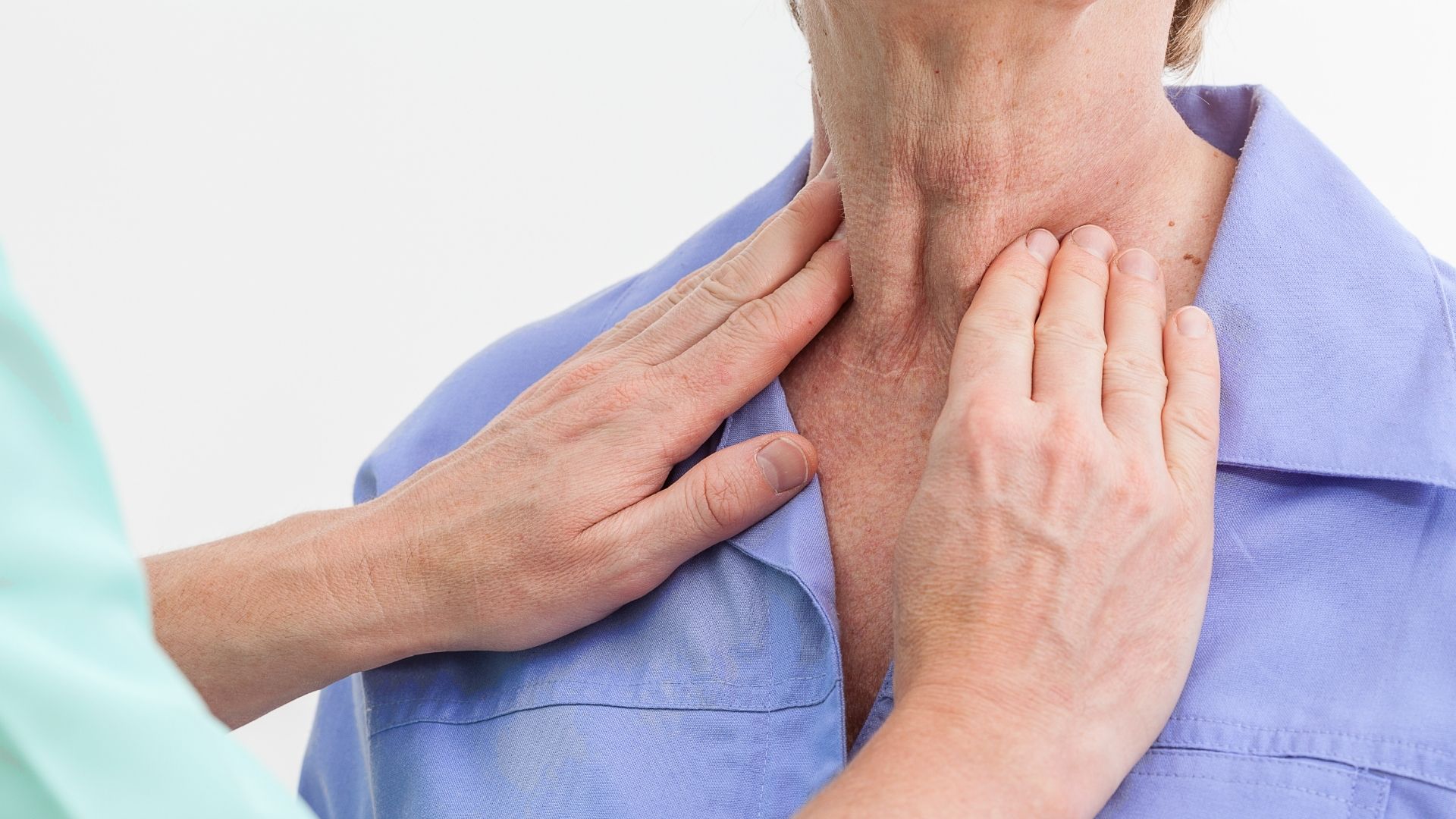Mr Jahangir Ahmed
Consultant ENT Surgeon
Specialist expertise: Head, Neck, Acute and chronic cough, Snoring, Sleep Apnea, Thyroid Disorders, Laryngology, Endocrine Surgery, Neck Lumps, Head and Neck Cancer, Salivary Gland Lumps, Tonsil and Adenoid Disorders, Swallowing Disorders, Sinusitis, Nasal Polyps, Microlaryngoscopy, Larynx and Vocal Fold Surgery, Airway Obstruction, Throat and Neck Pain, Nasal Blockage, Tracheal Surgery, Laser Surgery, Airway Reconstruction, Tonsillectomy, Palatal Surgery, Robotic Surgery, Head and Neck Cancer Surgery, Lymph Node Excision, Neck Dissection, Thyroidectomy, Parotidectomy, Submandibular Gland Excision, Endoscopic Sinus Surgery, Septal and Turbinate Surgery, Head and Neck Surgery, Ear, Nose and Throat, Thyroid Cancers, Paediatrics.

